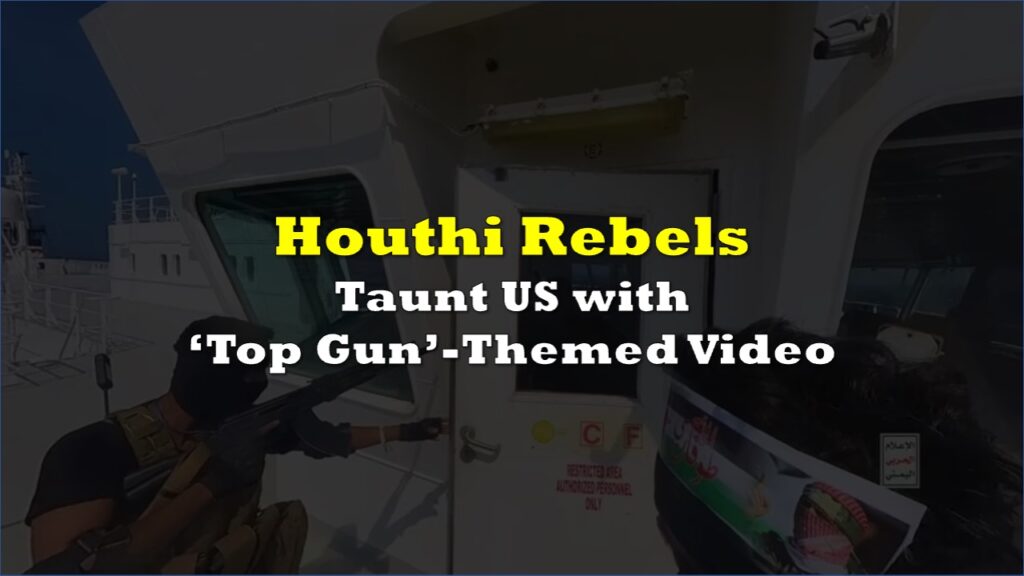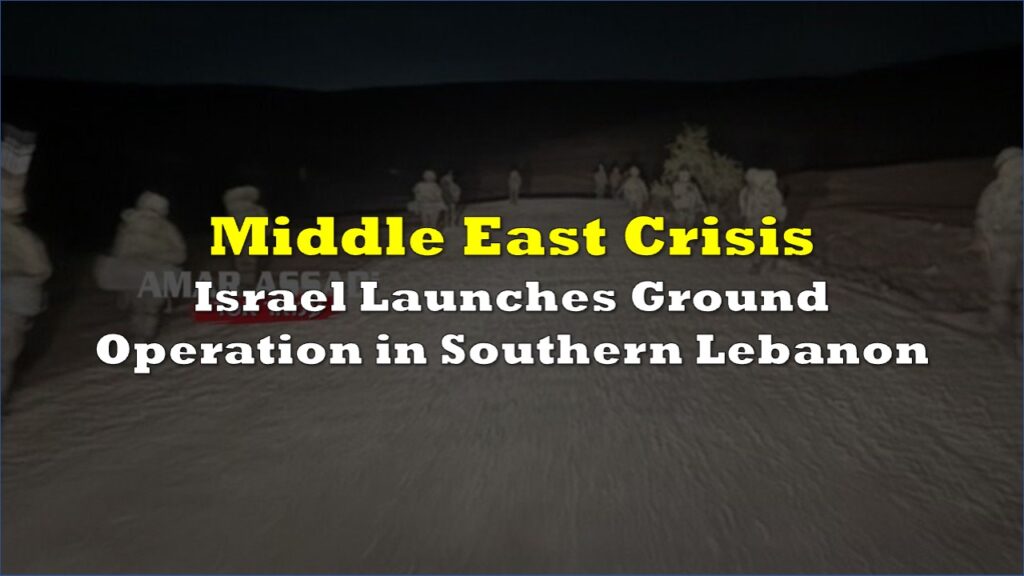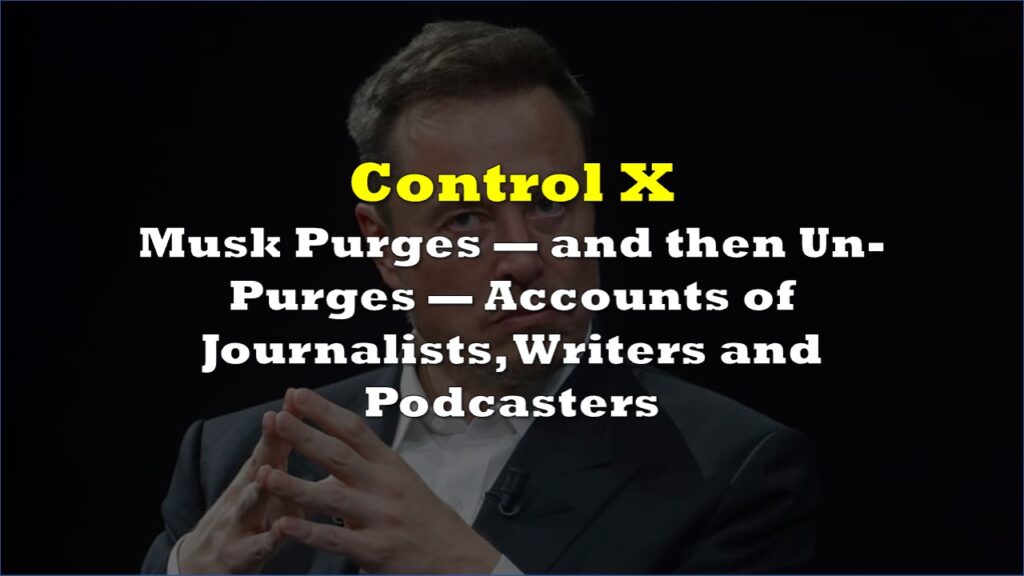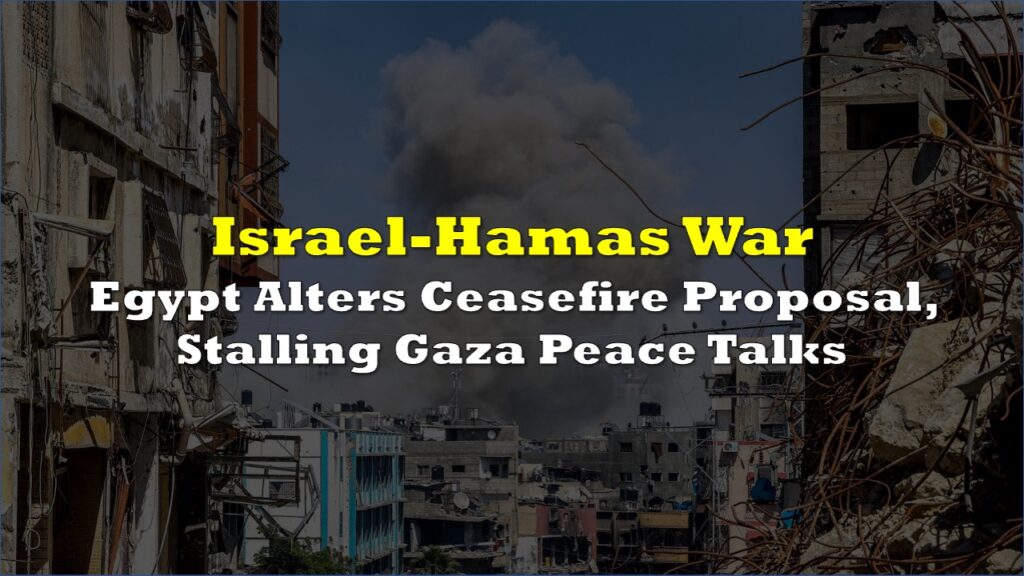In an escalation of the ongoing conflict, Hezbollah and Israeli forces exchanged fire on Tuesday, marking a significant flare-up in tensions between the Iran-backed militant group and the state of Israel. The incident adds to the already volatile situation in the region, drawing international attention and concern.
Several projectiles penetrated Israeli airspace from Lebanon, targeting the town of Nahariya in the north-western Galilee region. The mayor of Nahariya confirmed the attack, stating that the projectiles caused significant concern among residents. The Israeli military reported that several civilians were wounded in the attack, underscoring the growing threat to civilian life in the region.
In response, Hezbollah claimed responsibility for launching several drones at Israeli military facilities. This action, they asserted, was a direct retaliation to Israeli strikes on Hezbollah structures in southern Lebanon the previous day. Lebanon’s state-run National News Agency reported that these Israeli attacks resulted in one fatality and injured another individual, further intensifying the conflict.
The tension between Hezbollah and Israel has been escalating sharply over the past two weeks. The recent spike in violence can be traced back to a devastating rocket attack attributed to Hezbollah, which killed 12 children and teenagers at a football field in the Israel-controlled Golan Heights. In retaliation, Israel conducted an airstrike that resulted in the death of Fuad Shukr, a senior Hezbollah commander, in Beirut, Lebanon’s capital.
Hezbollah’s leadership has declared the killing of Shukr a “red line,” promising to retaliate against Israel. This promise of vengeance has materialized in the form of the recent drone and rocket attacks. The group’s spokesperson emphasized, “The death of our commander will not go unpunished. Israel will bear the consequences of its actions.”
The conflict’s ramifications extend beyond Lebanon and Israel, involving other regional players. Hours after Shukr’s death, a top Hamas figure Ismail Haniyeh was assassinated in Tehran. Both the Palestinian group and Iranian authorities have blamed Israel for this attack, heightening the stakes in the already fraught geopolitical landscape.
Iran, a key supporter of both Hezbollah and Hamas, has vowed to retaliate against Israel. Analysts suggest that Iran may coordinate its actions with Hezbollah, leveraging its proxy militias to exert pressure on Israel.
Hezbollah’s involvement in the conflict dates back to the early days of the Israel-Hamas war that erupted in October. The group has consistently framed its actions as acts of solidarity with Palestinians and Hamas, committing to cease hostilities only if a cease-fire is achieved in Gaza. This narrative of resistance against Israeli aggression resonates with many of Hezbollah’s supporters, bolstering its position within Lebanon and the broader Middle East.
The current escalation can be seen as part of a long-standing pattern of hostility between Hezbollah and Israel. Hezbollah, designated as a terrorist organization by the United States, has a history of engaging in armed conflict with Israel, with significant episodes occurring in 2006 and sporadically since then. The group’s extensive arsenal and combat experience, combined with its ideological commitment to opposing Israel, make it a formidable adversary.
U.S. President Joe Biden and Vice President Kamala Harris have been briefed on the escalating situation in the Middle East following the assassinations of Haniyeh and Shukr. Multiple U.S. officials have warned that Iran is expected to retaliate within the next 24 hours.
United Nations Secretary-General António Guterres called for restraint from all parties, urging them to avoid actions that could lead to further escalation. “The cycle of violence must be broken,” Guterres said, highlighting the need for dialogue and peaceful resolution.
Information for this story was found via Bloomberg and the sources mentioned. The author has no securities or affiliations related to the organizations discussed. Not a recommendation to buy or sell. Always do additional research and consult a professional before purchasing a security. The author holds no licenses.









